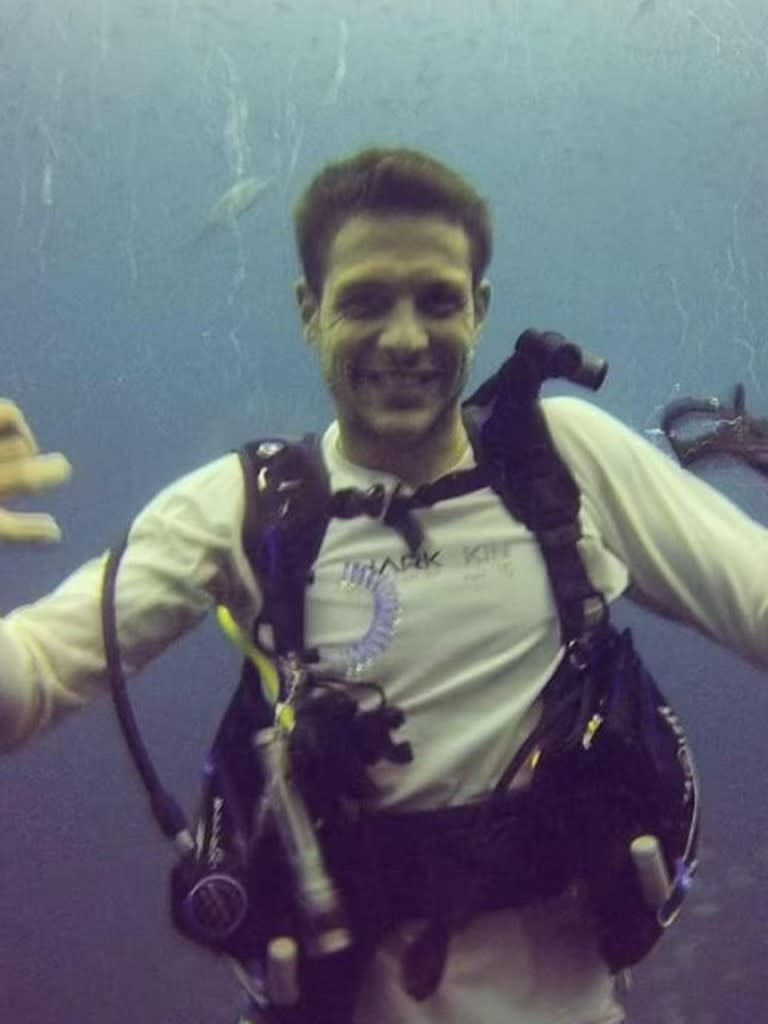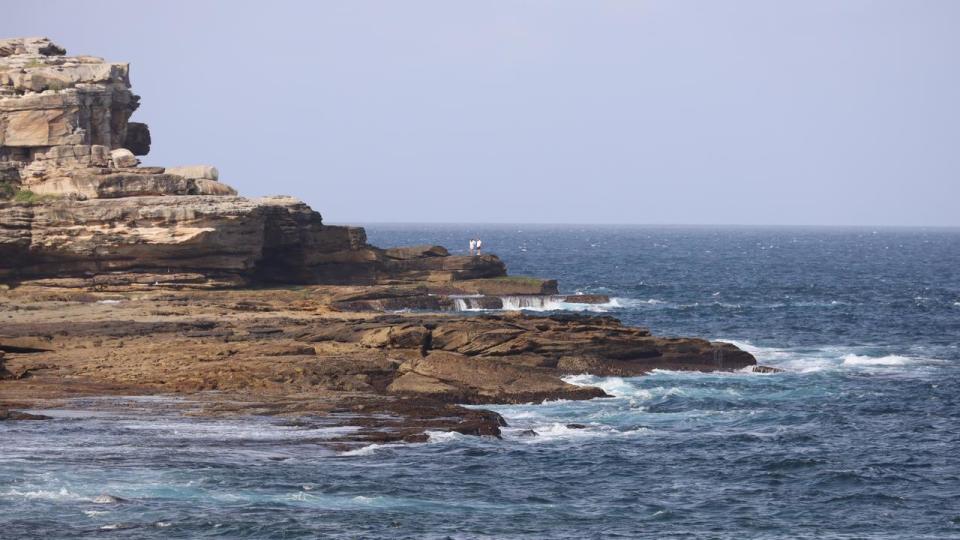Stunning claim on fatal shark attack explained

The death of a British man who was fatally mauled by a shark off the coast of Sydney has been controversially classified as a “provoked incident”.
The stunning finding comes after the Florida Museum of Natural History’s International Shark Attack File (ISAF) report for 2022 found Simon Nellist had initiated interaction with the shark despite not having done so “consciously”.
Mr Nellist, a diving instructor, had been swimming at Little Bay, a popular Sydney beach, on the afternoon of February 16 last year when he was attacked by a shark believed to be three to five metres in length.
It was Sydney’s first fatal shark attack in 60 years.
Gavin Naylor, the director of the Florida Program for Shark Research, told NCA NewsWire that “in the case of Simon Nellist, there were people fishing nearby”, making it a “provoked” incident.


Mr Naylor told Kristian Parton, host of the popular Shark Bytes YouTube channel, that while the 35-year-old had done “nothing consciously to provoke an incident”, fishing was known to draw sharks in.
Mr Naylor explained to NCA NewsWire that public confusion around the classification stemmed from how ISAF categorised different types of attacks.
“Our criteria for classifying shark attacks are designed to filter the data collected so that we can better understand the natural behaviour of the animals,” he said.
“Any activity that draws sharks into an area where they otherwise would not be is excluded.”


ISAF looks at a multitude of factors such as tides, temperature, currents and moon phases and their effects on shark species.
“Any human-induced influence, either by the victim themselves or others nearby, is classified as ‘provoked’ and excluded from our downstream analyses,” Mr Naylor said.
“Fishing activity is known to attract sharks, primarily because fish caught on lines struggle and generate vibrations that bring sharks in.
“This occurs even when fishers are not using chum or bait to fish.”


While it is believed Mr Nellist died instantly, gruesome footage of the attack surfaced online, filmed by nearby rock fishers.
The area is a well-known spot for anglers, with the surrounding waters populated by an abundance of fish species.
On the ISAF website, an “unprovoked bite” is defined as an incident in which “a bite on a live human occurs in the shark’s natural habitat with no human provocation of the shark”.
Australia was found to have had nine unprovoked shark bite incidents in 2022, none of which were fatal, while ISAF does not publish provoked attack data on its website.
Mr Naylor said incidents such as the one involving Mr Nellist served as warnings for people to avoid areas where others are actively fishing.


